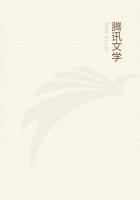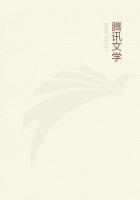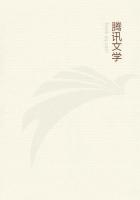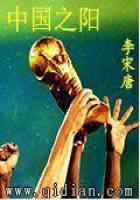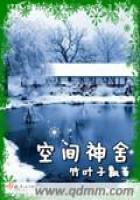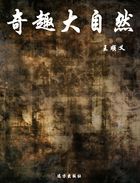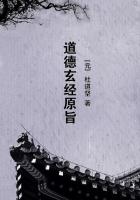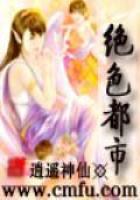So also in the "Man of Law's Tale," which is taken from the French, he increases the vivacity of the narrative by a considerable number of apostrophes in his own favourite manner, besides pleasing the general reader by divers general reflexions of his own inditing. Almost necessarily, the literary form and the self-consistency of his originals lose under such treatment. But his dramatic sense, on which perhaps his commentators have not always sufficiently dwelt, is rarely, if ever, at fault. Two illustrations of this gift in Chaucer must suffice, which shall be chosen in two quarters where he has worked with materials of the most widely different kind. Many readers must have compared with Dante's original (in canto 33 of the "Inferno") Chaucer's version in the "Monk's Tale" of the story of Ugolino. Chaucer, while he necessarily omits the ghastly introduction, expands the pathetic picture of the sufferings of the father and his sons in their dungeon, and closes, far more briefly and effectively than Dante, with a touch of the most refined pathos:--DE HUGILINO COMITE PISAE.
Of Hugolin of Pisa the langour There may no tongue telle for pity.
But little out of Pisa stands a tower, In whiche tower in prison put was he;And with him be his little children three.
The eldest scarcely five years was of age;
Alas! fortune! it was great cruelty Such birds as these to put in such a cage.
Condemned he was to die in that prison, For Royer, which that bishop was of Pise, Had on him made a false suggestion, Through which the people gan on him arise, And put him in prison in such a wise, As ye have heard, and meat and drink he had So little that it hardly might suffice, And therewithal it was full poor and bad.
And on a day befell that in that hour When that his meat was wont to be y-brought, The gaoler shut the doors of that tower.
He heard it well, although he saw it not;
And in his heart anon there fell a thought That they his death by hunger did devise.
"Alas!" quoth he, "alas! that I was wrought!"Therewith the teares fell from his eyes His youngest son, that three years was of age, Unto him said: "Father, why do ye weep?
When will the gaoler bring us our pottage?
Is there no morsel bread that ye do keep?
I am so hungry that I cannot sleep.
Now woulde God that I might sleep for ever!
Then should not hunger in my belly creep.
There is no thing save bread that I would liever."Thus day by day this child began to cry, Till in his father's lap adown he lay, And saide: "Farewell, father, I must die!"And kissed his father, and died the same day.
The woeful father saw that dead he lay, And his two arms for woe began to bite, And said: "Fortune, alas and well-away!
For all my woe I blame thy treacherous spite."His children weened that it for hunger was, That he his arms gnawed, and not for woe.
And saide: "Father, do not so, alas!
But rather eat the flesh upon us two.
Our flesh thou gavest us, our flesh thou take us fro, And eat enough." Right thus they to him cried;And after that, within a day or two, They laid them in his lap adown and died.
The father in despair likewise died of hunger; and such was the end of the mighty Earl of Pisa, whose tragedy whosoever desires to hear at greater length may read it as told by the great poet of Italy hight Dante.
The other instance is that of the "Pardoner's Tale," which would appear to have been based on a fabliau now lost, though the substance of it is preserved in an Italian novel, and in one or two other versions. For the purpose of noticing how Chaucer arranges as well as tells a story, the following attempt at a condensed prose rendering of his narrative may be acceptable:--Once upon a time in Flanders there was a company of young men, who gave themselves up to every kind of dissipation and debauchery--haunting the taverns where dancing and dicing continues day and night, eating and drinking, and serving the devil in his own temple by their outrageous life of luxury. It was horrible to hear their oaths, how they tore to pieces our blessed Lord's body, as if they thought the Jews had not rent Him enough; and each laughed at the sin of the others, and all were alike immersed in gluttony and wantonness.
And so one morning it befel that three of these rioters were sitting over their drink in a tavern, long before the bell had rung for nine o'clock prayers. And as they sat, they heard a bell clinking before a corpse that was being carried to the grave. So one of them bade his servant-lad go and ask what was the name of the dead man; but the boy said that he knew it already, and that it was the name of an old companion of his master's.

